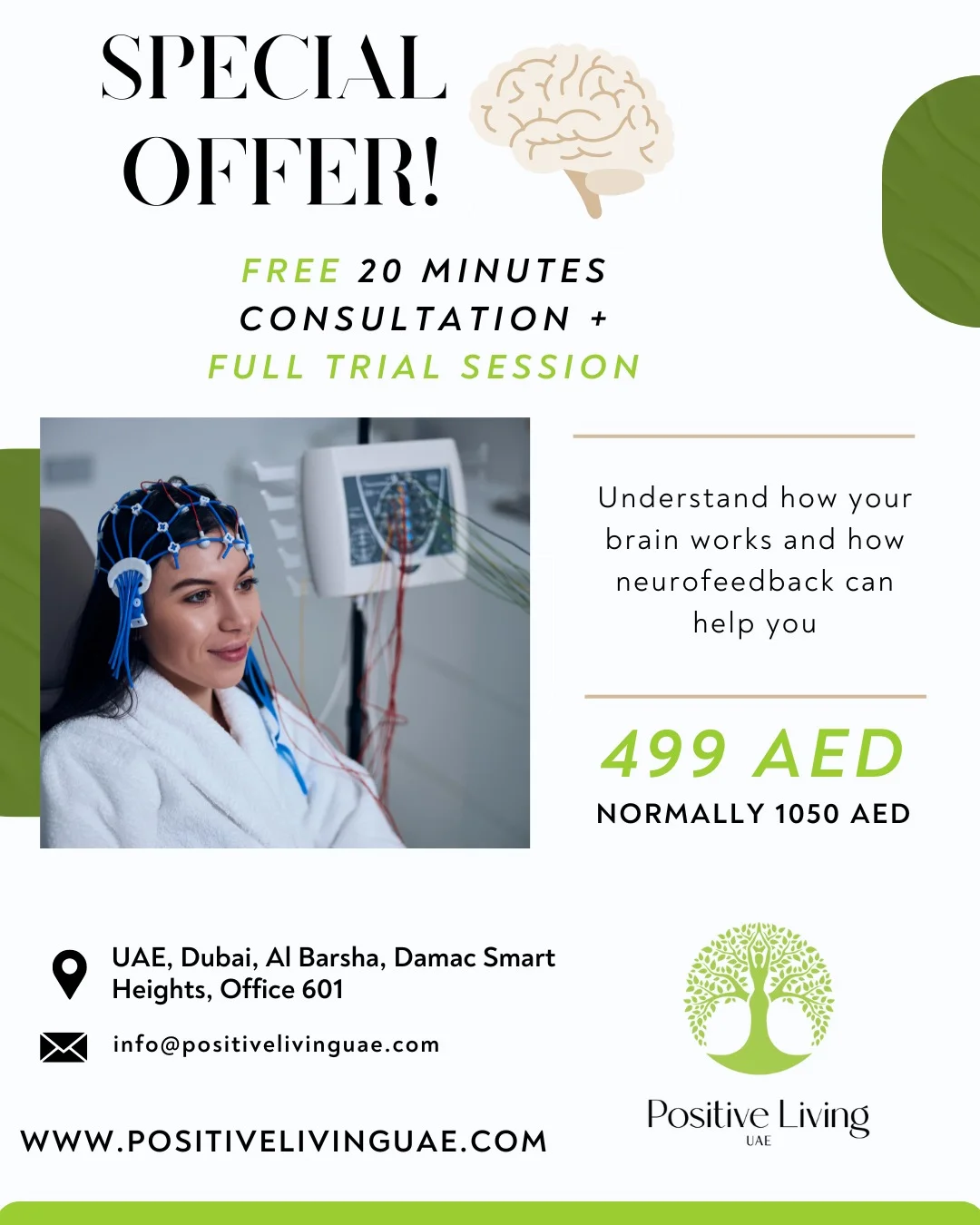Can Neurofeedback Help People With Autism Having Processing Issues?
Processing difficulties are one of the most critical obstacles for those with autism spectrum disorder (ASD). From sensory overload to attention and executive function challenges, processing difficulties have a significant effect on everyday life. In a time when families and medical professionals alike look for novel treatment options, Neurofeedback Therapy in Dubai has stepped up as a potential treatment that can provide respite from autism’s processing issues.
Individuals with autism tend to have unusual brain wave patterns that are responsible for the processing issues. Such difficulties can be expressed as trouble filtering sensory information, attention regulation issues, executive functioning difficulty, and trouble regulating emotions. Conventional treatments have had positive effects, but families are increasingly seeking complementary therapies, such as neurofeedback, to address these neurological bases.

How Neurofeedback Works for Autism?
Neurofeedback for autism spectrum disorder enhances and reinforces a patient’s brain wave patterns toward a more optimal level of slow and fast brainwaves and brain connectivity. Through Neurofeedback Therapy in Dubai, individuals are provided with real-time feedback on their brainwave activity via visual or auditory signals. This trains the brain to create more regulated patterns of neural activity.
The therapy typically aims to suppress excessive theta waves (inhibition of inattention) and enhance beta waves (encouragement of focused attention). In one clinical study involving 42 autistic children, NFB successfully reduced the children’s high theta-to-beta ratio by suppressing theta activity and increasing beta activity across multiple sessions. The rebalancing could enhance cognitive capabilities that are often challenging for individuals with autism.
Research Findings and Potential Benefits
Current research has indicated promising outcomes for neurofeedback in autism therapy. A 2023 paper published in PubMed showed that neurofeedback can restore cognitive functions in children with autism spectrum disorders. Pilot studies have reported that individuals with autism can have improvements in attention, decreased anxiety, and improved emotional control following a series of neurofeedback training sessions. In addition, a 2024 wearable EEG neurofeedback study based on machine learning algorithms reported encouraging outcomes as an explicit intervention for central brain processes that underlie ASD symptoms.
These increases in brain activity may carry over to enhanced processing capacities, including improved attention span, enhanced sensory processing, improved emotional regulation, and greater executive functioning ability. A Phase IIa clinical trial found that autistic patients can modify their brain activity in social brain areas, yielding positive clinical and neurological findings. For individuals and families seeking Neurofeedback Therapy in Dubai, these potential advantages offer a source of optimism for improving the lives of their loved ones.

Professional Assistance in Dubai by Positive Living UAE
At Positive Living UAE, families have access to experienced Neurofeedback Therapy in Dubai services that are tailored to persons with autism and processing difficulties. The centre incorporates comprehensive evaluations to confirm whether neurofeedback will benefit each individual and creates individualised treatment plans that adapt to the unique neurological patterns of every person.
While research is promising, it is crucial to be aware that neurofeedback needs to be applied as part of a comprehensive treatment approach, rather than being used exclusively. Optimal results often occur when Neurofeedback Therapy in Dubai is combined with other conventional therapies, such as behavioural interventions, speech therapy, and occupational therapy.
Families considering this treatment should consult with qualified professionals who can adequately assess candidacy and monitor progress throughout the intervention. Neurofeedback Therapy in Dubai can be challenging, as significant changes typically occur over several sessions spread out over several months.
For families seeking new approaches to addressing autism processing challenges, neurofeedback is a science-based treatment that may offer innovative ways to enhance neurological function and improve quality of life.

